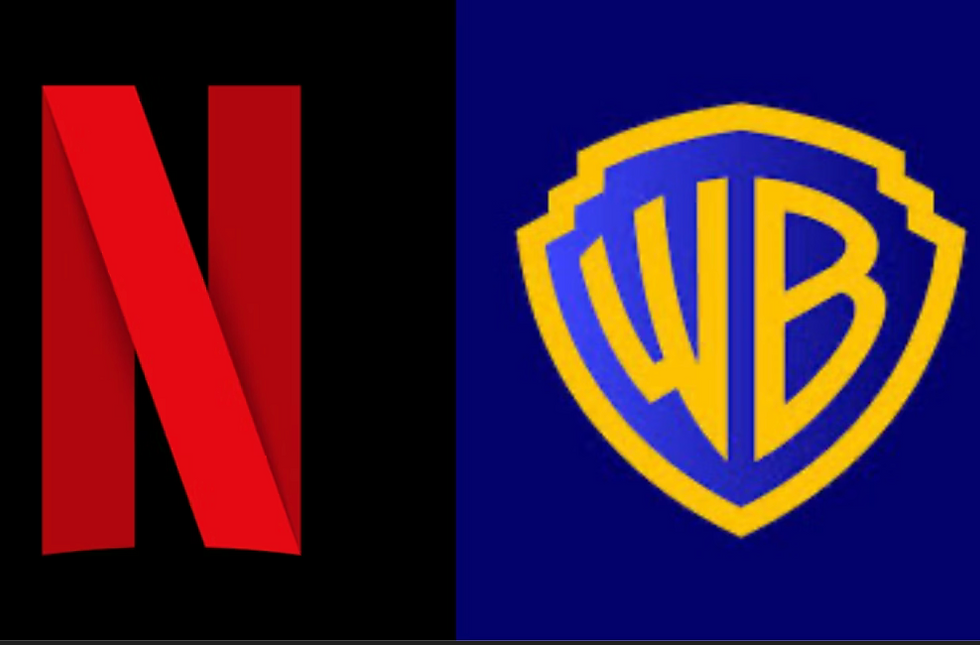115 Charges and Counting: Manchester City and the Boundaries of Sporting Justice
- Abdulaziz Almeshari

- Oct 27, 2025
- 2 min read
In February 2023, the footballing world was shocked when the Premier League hit Manchester City with 115 charges for allegedly breaking financial regulations between 2009 and 2018. The Premier League claimed that the club was not transparent enough regarding its sponsorship deals and payments to key staff members. Manchester City were swift to deny such allegations. Yet, the case has turned into one of the biggest tests of how far football’s rule-makers can really go when the money involved is this huge and has obviously had an impact on elite football over the past sixteen years.
At the heart of the dispute are the Premier League’s financial reporting rules, which in essence requires clubs to act in good faith (Rule E.3) and that clubs must be honest and fully transparent about their finances. The league reckons that City inflated commercial income and hid some costs, potentially falling foul of UEFA’s Financial Fair Play principles. It also says the club did not cooperate fully with the investigation, something City strongly dispute.
This is not the first time City have been subjected to investigations by major footballing bodies. Back in February 2020, UEFA banned them from European competitions, but the Court of Arbitration for Sport overturned the ban a couple of months later due to procedural flaws. This time however, the case is being handled by an independent Premier League commission. Everything is behind closed doors, there’s no actual timeline of what is going to happen, and the standard of proof is the civil one: “on the balance of probabilities.” According to multiple news outlets, the verdict is supposedly imminent.
Irrespective of the outcome, the story’s bigger than City. If they’re guilty, it calls the league’s credibility into question. If they’re cleared, it shows how easily top clubs can navigate the grey areas of football’s rulebook. Either way, in modern football, it really is not about who has the better manager or set of players; it is about who has the wealthiest owners and access to the best collection of expert lawyers and financial analysts.



Comments